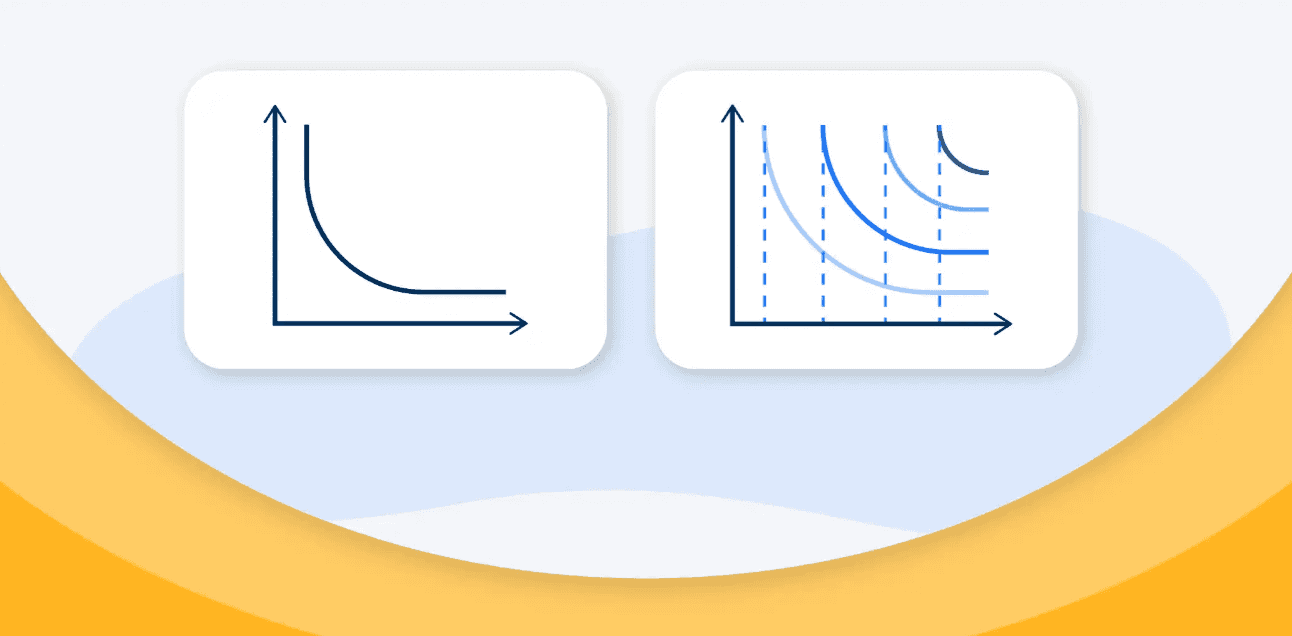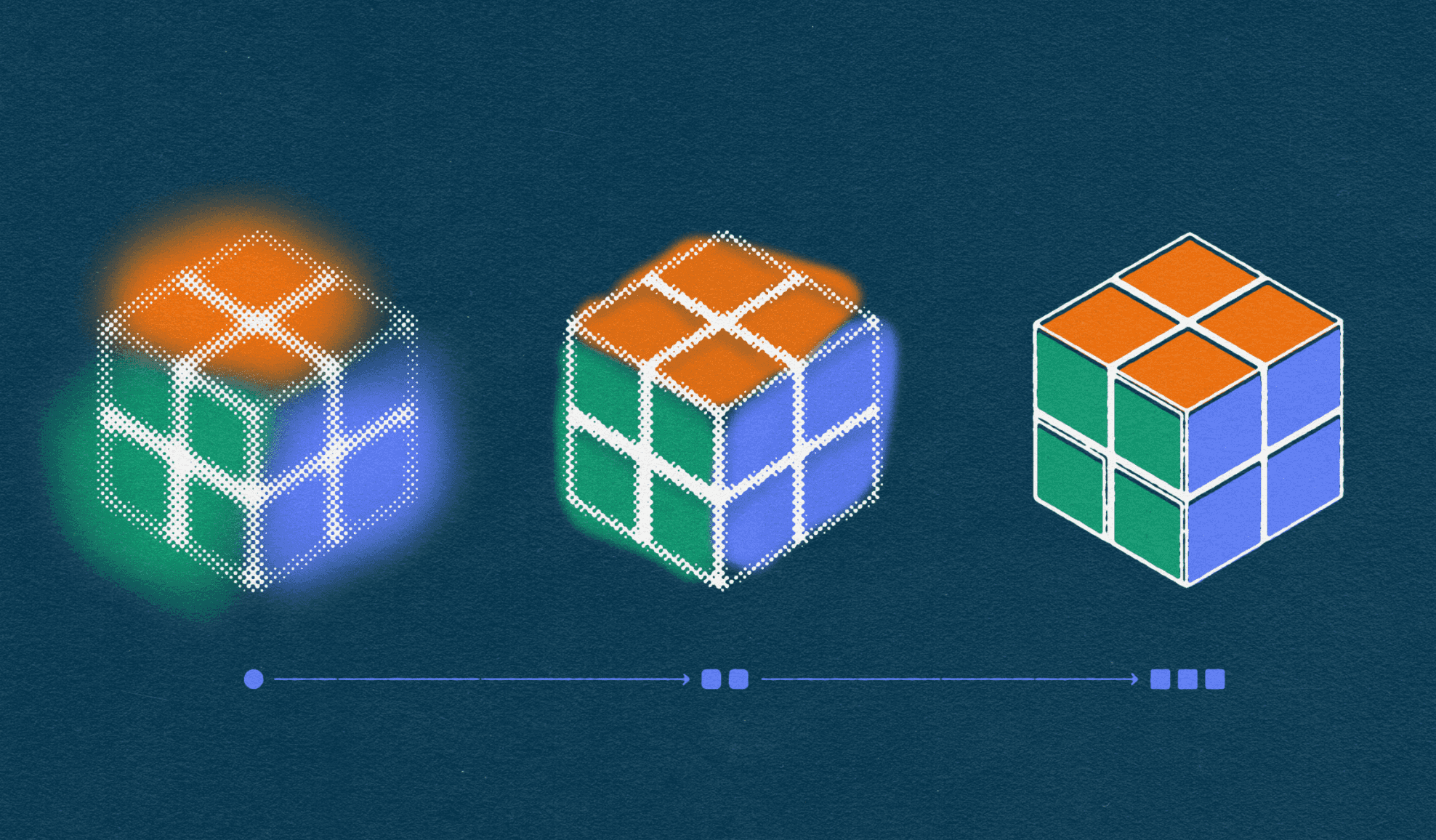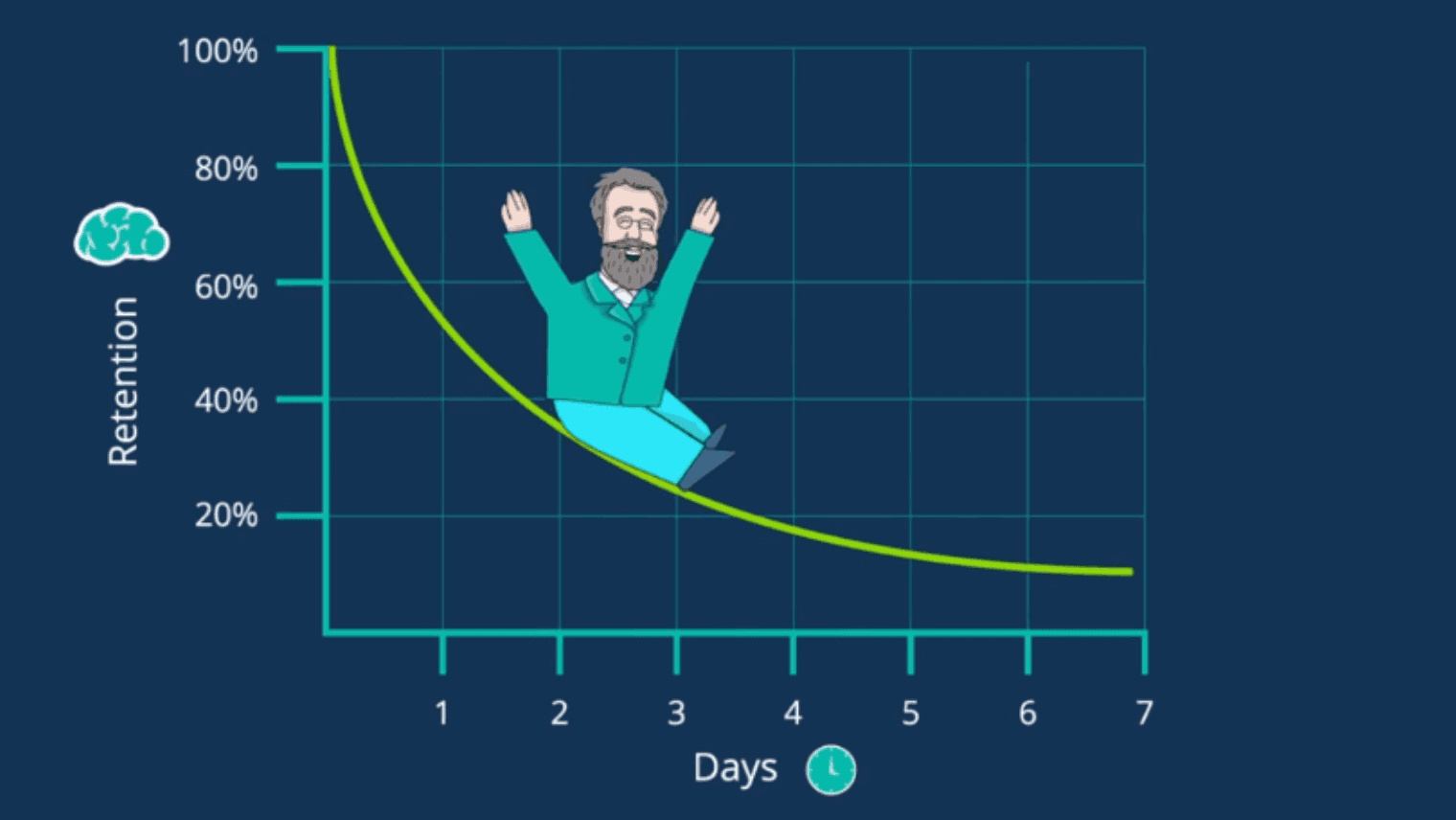
American summer tour! Wooclap will be at Anthology Together 2025
Come say hi at booth 301 from July 14th to July 16th in Las Vegas, Nevada
What is Spaced repetition?
🔍 Spaced repetition is a learning technique that improves long-term retention by reviewing information at increasing intervals. Instead of cramming, learners revisit concepts multiple times over days or weeks, reinforcing memory through repeated exposure. This method is commonly used in flashcards, adaptive learning systems, and language learning apps to strengthen recall and prevent forgetting.
🏫 Context
The principle behind spaced repetition is rooted in cognitive science, which suggests that memory retention improves when learning is spaced over time rather than concentrated in one session. This approach is widely applied in education, corporate training, and exam preparation, helping learners retain information more effectively. It also encourages active recall, an essential strategy for deep learning.
🎯 Benefits
By reducing the effects of forgetting, spaced repetition enhances knowledge retention and strengthens conceptual understanding. It promotes efficient study habits by ensuring learners focus on information they are about to forget. Additionally, it minimizes the need for last-minute cramming, reducing cognitive overload and improving long-term academic performance.
🚀 How Wooclap Supports Spaced Repetition
Wooclap integrates spaced repetition through Live & Asynchronous Reinforcement, allowing educators to ask key questions at different intervals to strengthen memory recall. The Concept Variation feature enables instructors to reintroduce concepts using multiple question types, such as text, images, and ranking exercises. These tools help learners actively engage with content over time, reinforcing understanding and retention.
A monthly summary of our product updates and our latest published content, directly in your inbox.



